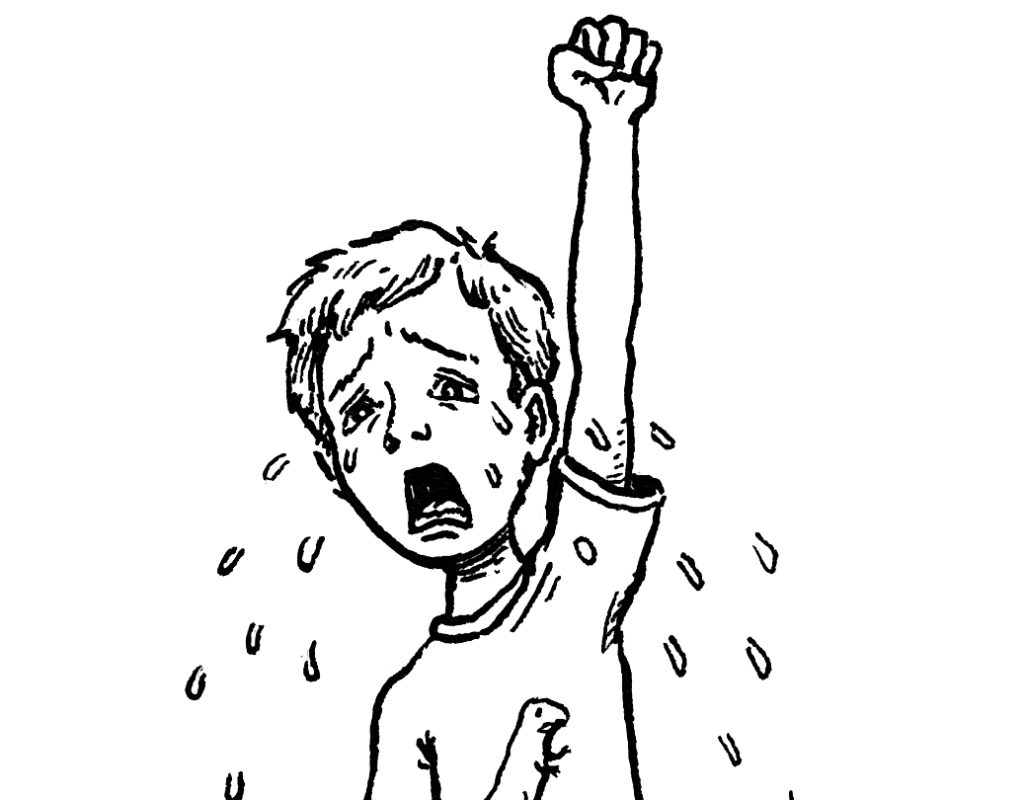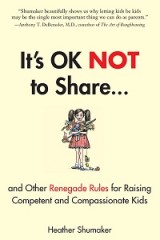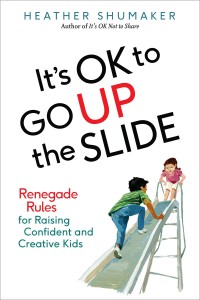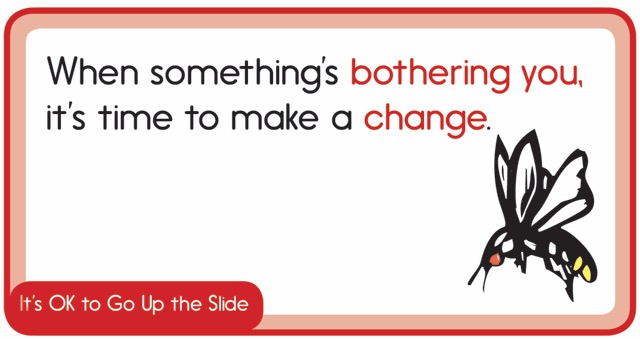Teaching "No" and "Stop" to Kids

Speaking up. Saying "no," "stop" and "I don't like that" are powerful skills. So is listening.
Sometimes we forget how sacred "No!" is. Young kids say it a lot, and for many adults that's a word we'd rather not hear so much. But "No" and "Stop" are essential to healthy life, kindness and survival.
I've been thinking a lot about the torrent of sexual harassment and assault stories in the news. How it's finally coming out into the open air. How hard it is to speak up. What happens when people don't.
"No" is a sacred word. We have to teach our kids that, boy or girl. So is "Stop" and "I don't like that." Raising kids means teaching them to speak up. Raising kids means teaching them to listen. Listen and stop the unwanted action.
In my family growing up, we had a code word we used to say when tickle fights, rough housing and other wild play got too much. Our code word wasn't too inventive, it was simply "Stop," but whenever anyone said "Stop," big or small, child or adult, everyone in the room instantly froze and stopped immediately. That taught me to speak up. It taught me to stop and listen when someone else spoke up.
Speaking up and listening are the essentials of human life. These are the skills that solve problems, from family relationships to international emergencies. We need to celebrate these skills in early childhood, model them, respect them, and get used to the discomfort they can produce.
So instead of saying "Be nice" or "Be a good boy" or "Behave" -- vague words of complete obedience and compliance -- teach your children everyday skills of emotional expression and conflict management. These skills are woven throughout my books "It's OK Not to Share" and "It's OK to Go Up the Slide," including:
- It's OK Not to Kiss Grandma - speaking up and setting limits on bodies - even loving grandma hugs
- It's OK to Talk to Strangers - gives your children tools, not fear
- Kids Need Conflict - step-by-step guidance in helping kids speak up and stop behavior they don't like. "Stop! I don't like it when you ____."
- Only Punch Friends - celebrates rough-housing, gives conflict mediation practice, helps kids read body language and words that say "Stop!
Speaking up is hard.
Listening and stopping is hard.
Young kids can do it. And so can we.
We need to encourage these skills, for these are the skills of life. It gets easier with practice.
Are you good at saying no and speaking up? How are you teaching this to kids in your life?

 Need more practice speaking up?
Need more practice speaking up?
Or how to raise kids who can speak up, set limits and face the world with confidence?
Check out It's OK Not to Share and It's OK to Go Up the Slide.
